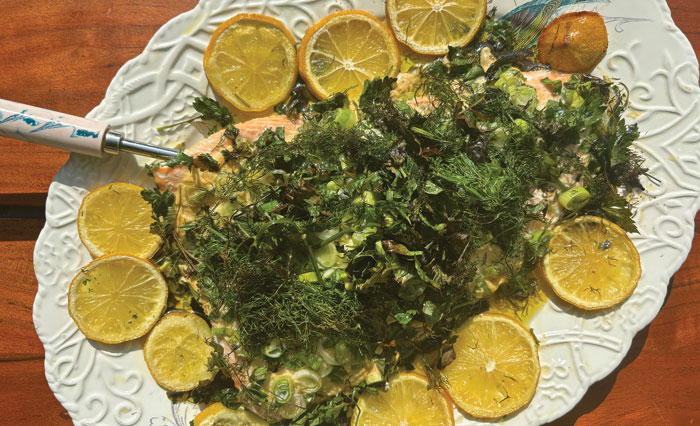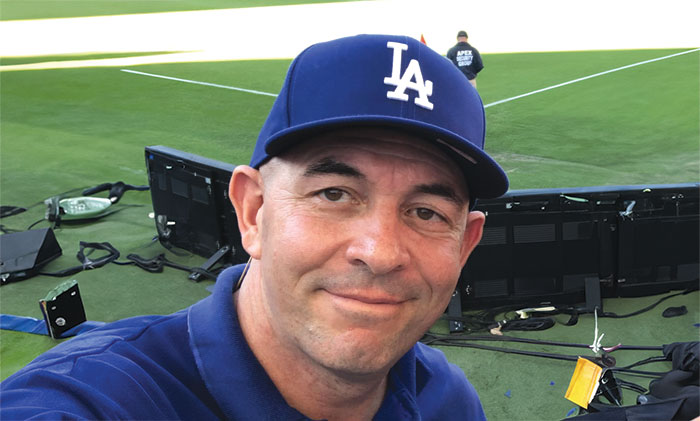One of this country’s most incisive theological sources is The Onion. A few years ago, it featured a story accompanied by two photos. The first was a beautiful, idyllic pastoral scene; the second was a picture of a horrific and devastating tornado. The headline? “GOD DIAGNOSED WITH BIPOLAR DISORDER.”
Perhaps the authors of the Onion article had been reading Haftarah Vayikra. This week’s Haftarah, from Second Isaiah, at first seems to be the standard divine invocation of Israel’s sins and then the promise of redemption. But look a little closer. At the very beginning of the Haftarah, God notes “This people I formed for Myself, so that they might declare my praise!” One can’t help but feel sorry for the Almighty: don’t you feel proud enough on Your own of what You have done? Stop fishing for compliments!
Indeed, throughout this Haftarah, we meet a profoundly insecure Deity. At 44:7, God demands to know: “Who like Me can announce, Can foretell the future – and match Me thereby?” And this translation – the new Jewish Publication Society version – actually makes God relatively secure. Chaim Stern’s version for the Union of American Hebrew Congregations renders the difficult Hebrew passage as, “Who is like Me? [If there is someone,] declare it, proclaim it, and confront Me.” In best Jewish fashion, one should answer God’s question with a question: is this a prophecy or a couple of rappers smacking each other down like a scene out of Eminem’s Eight Mile?
The vision of a God with self-esteem issues may not be the most comforting image for the worshipper. After all, what – or whom – is God so worried about? Let us remain traditional monotheists and assume that God is not concerned about other divine entities. If so, then the problem lies deeper, within the divine psyche. God’s profound insecurity comes from internal weakness, and even the Source of Being cannot fully master it. At bottom, we remain face-to-face with the tohu va-vohu of Genesis One, the wild and untamed universe.
Yet if anything, this might make the contemporary Jew cling even more tenderly to God. Behind all the boasting, God is a wounded soul, and deeply anguished at the recognition of divine weakness and failure. We and God need each other as we both stare into the chaotic abyss: the God of Haftarah Vayikrah will not solve our problems, but will sit with us, the great and tender Friend, as we search for our own way and grapple with our own weaknesses and failures.
As we connect with the divine Spirit, we realize that it does not make everything whole, but it does allow us to create meaning and find a path to live with brokenness. That creation and pathfinding is God. At times, the rabbis recognized as much. In the Talmud, God does not thunder out of the heavens, but rather arrives as a “Bat Kol,” literally, the “daughter of a voice,” quietly, hesitantly, causing something to stir in our minds, and slowly, gently easing our anguish and helping us toward the light. One cannot hear a Bat Kol unless one is in intimate contact with It. No wonder we need a close relationship.
The words of Matthew Arnold’s classic poem Dover Beach resound powerfully here. In that poem, the poet mourns the “melancholy … Retreat” of the traditional, simple “Sea of Faith.” Turning to the beloved – which for Arnold was his new bride – modern Jews and the torn, insecure God of Haftarah Vayikrah would do well to say to each other:
Ah, love, let us be true
To one another! for the world, which seems
To lie before us like a land of dreams,
So various, so beautiful, so new,
Hath really neither joy, nor love, nor light,
Nor certitude, nor peace, nor help for pain;
And we are here as on a darkling plain
Swept with confused alarms of struggle and flight,
Where ignorant armies clash by night.























 More news and opinions than at a Shabbat dinner, right in your inbox.
More news and opinions than at a Shabbat dinner, right in your inbox.